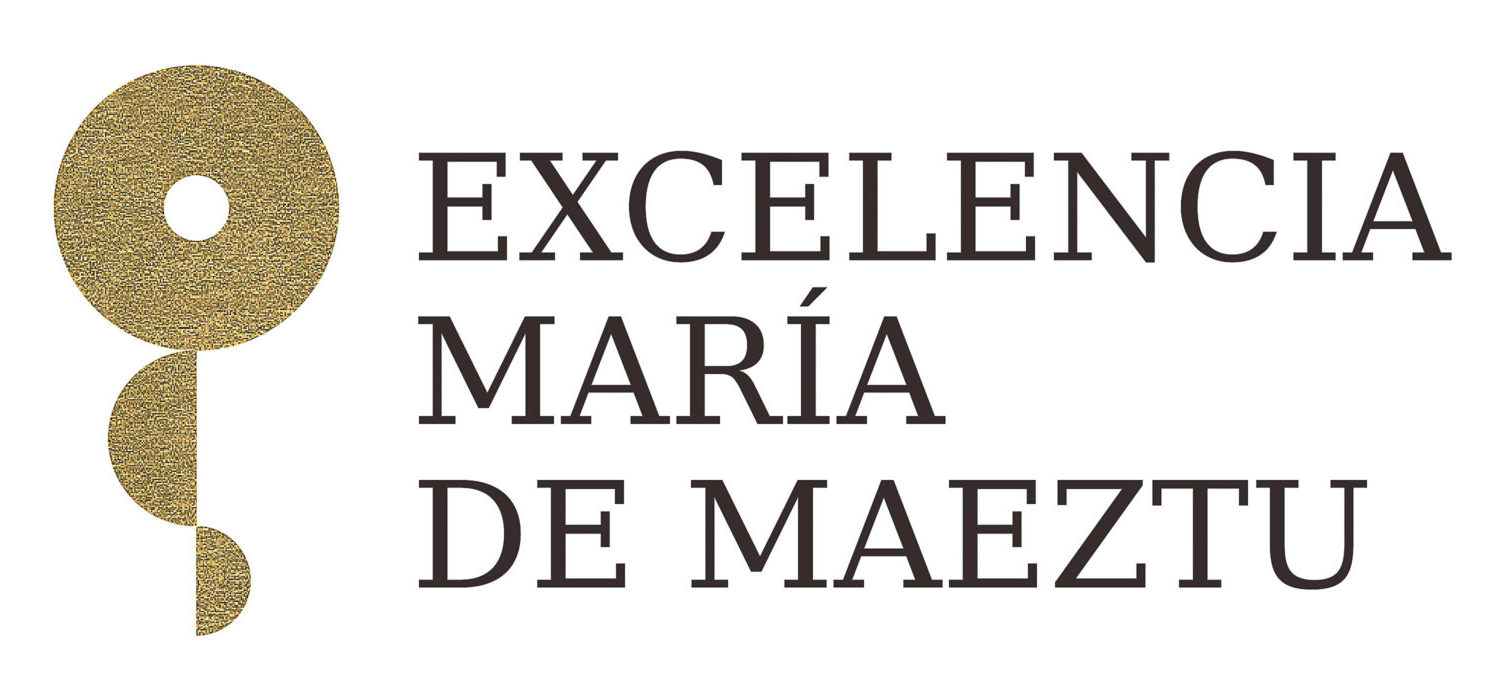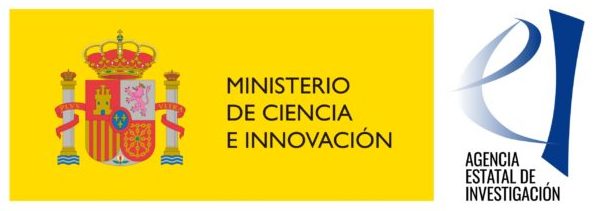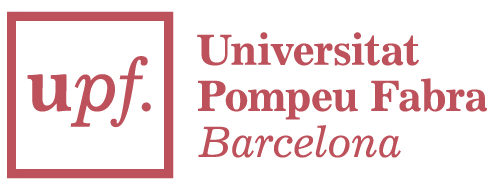[WP5] Evidence and philosophical method
WP leader: Manuel García-Carpintero (UB)
There are substantive controversies about the methodology of philosophy itself. Non-exceptionalists hold that the discipline is continuous with science albeit addressing common topics at a higher level of abstraction and deploys the same empirical methodology. Philosophers often defend their theses by appeal to intuitive judgements concerning application to real or imaginary instances. Exceptionalist methodologies for philosophy typically argue that such intuitions serve as a main source of evidence for philosophical theses. For fictionalists, the goal is simply to integrate into a coherent narrative the implications of philosophical claims that such intuitions reveal for particular cases. On less deflationary views, it is important that such intuitions not be idiosyncratic, or biased, but instead be backed up by the pre-theoretic judgements of a representative sample of the wider population. Experimental philosophers try to judge when this is in fact the case by conducting empirical surveys. Some go further, promoting a conception of philosophy on which its theses are directly answerable to the evidence those surveys make available.





